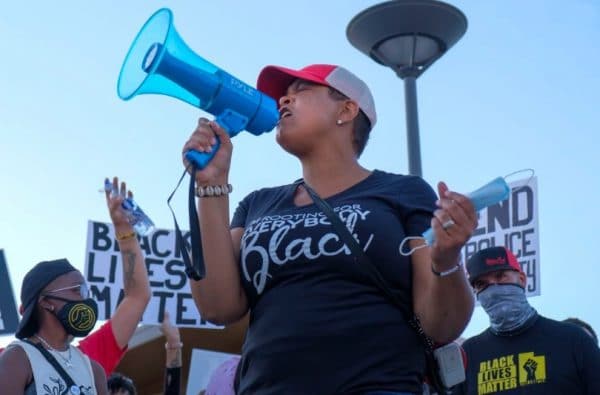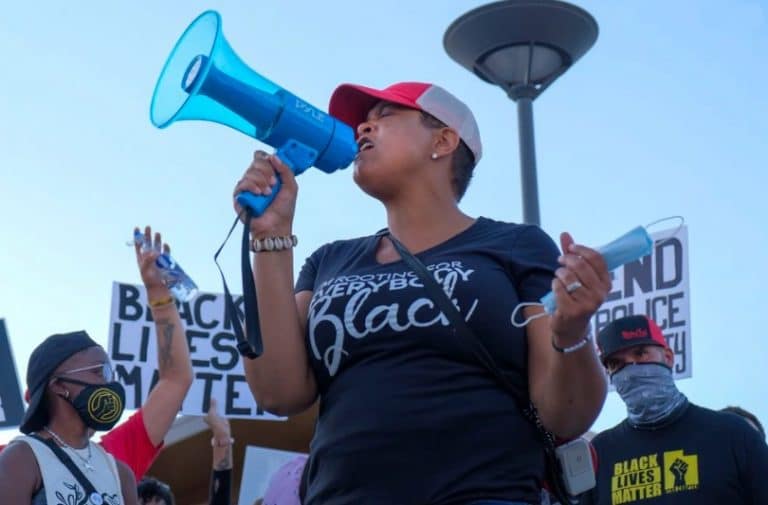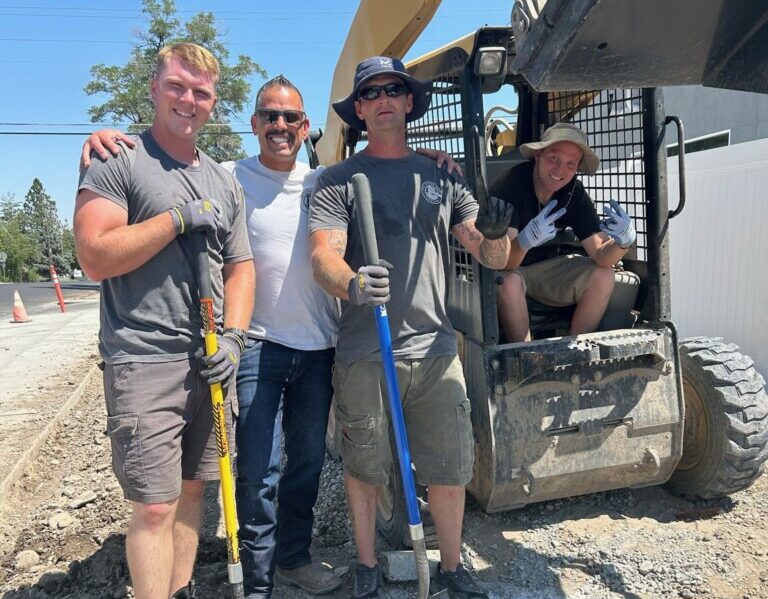
“Black lives matter! Black Lives Matter!”
We know the chants, we are aware of the protests. We have a collective conclusion to agree to hang signs in our front yards. Many Utah corporations are donating money to the cause. But these words, the experience, and the movement mean completely different things to different people.
Honestly, I have no idea what to make of it (as someone who distrusts the main-stream media on both sides). Let’s examine how the different political parties see the movement. On the conservative right, many of the voices both black (including Lil Wayne, Thomas Sowell, and white conservative commentators such as Ben Shapiro) are bothered by the movement’s big agenda, that the founders of Black Lives Matter are trained Marxists. The right says the followers are being used as pawns for the media and the left to further their socialist, collectivist, Marxist agenda.
On the left, major news outlets sympathize and attempt to foment the concept that there exists a strong white supremacist/racist element in the United States. Further, police departments across the country are racist and need to be defunded (which they say actually means completely rebuilt). The left says there exists a problem of systemic racism— built into our founding principles, that there is white privilege and racism and repression that causes all those who are of color to suffer every day.
Does systemic racism exist? Am I a racist by its new definition? Should I feel a greater degree of white guilt?
I’m a white man who grew up idolizing Michael Jackson, Walter Payton, Michael Jordan, and Karl Malone. But enjoying sports and pop icons perhaps doesn’t exclude me from possibly being a racist under the new definition. But rather than go into that very deep rabbit hole. I dug into attempting to understand this issue better by reading Jill Leovy’s New York Times bestselling book Ghettoside: A True Story of Murder in America.
My reason for reading this book as opposed to the current anti-racist books and literature is because I’ve always been of the mind (as a journalist) to trust primary sources and those who are the most intimately and directly familiar with issues first. Good reporting involves boots on the ground, eye-witness testimony, and personal experience. Intellectuals with their theories and those whose motives are to apply political activism (supporting one party over another), and teach doctrine, should not be at the center of this discussion. Instead, we should be listening to the black lives who are regularly being shown that they don’t matter.
Ghettoside: The Southside of Los Angeles
There are 40 unsolved murders per square mile in the 77th precinct of the Southside of Los Angeles. Since June this year, LA has seen a 250% increase in murders compared to last year. How are we supposed to understand this?
There is one reporter who has been covering this precinct for ten years: talking to the families of victims; shadowing homicide detectives; following cases for years to see what sort of justice exists for the hundreds of murder victims under our current legal justice system. Jill Leovy is that reporter and Ghettoside is her report. Her book is well worth reading to gain a greater understanding.
The questions that Leovy attempts to answer are the following:
- Why do black people distrust the police to such a great extent that they won’t even call the police sometimes when there is a family member shot or murdered?
- Why don’t homicide detectives solve more black-on-black murder cases?
- Why do our worst inner-city areas continue to allow murderers to commit atrocious acts of violence with impunity?
- Why doesn’t it appear that the lives of most inner-city black men (who may or may not have gang affiliation) matter to police or our criminal justice system?
These are the questions that seem to address the heart of the problem.
Criminal justice and police reform are central for the cures to the problem, but it’s much better — in our estimation — to understand the heart of the problem, to engage in a useful conversation about finding the best solutions.
We spoke to Lex Scott, the articulate and engaging leader of Black Lives Matter Utah about these questions.
Watch the video below:
We covered similar issues in the past. Below is the video of the protest at the University of Utah that took place in 2017.
RELATED STORY:
Black Lives Matter Utah: This is the Calm Before the Storm
FOR MORE UTAH STORIES PODCASTS GO HERE.
![]()

![]()






